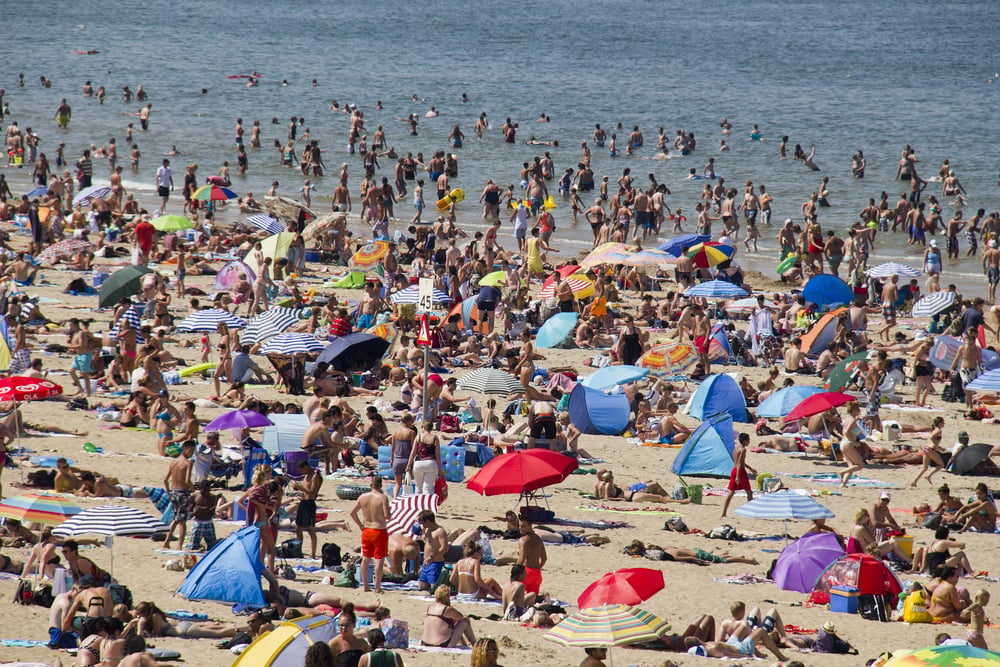Summary
The Dutch government is considering measures to cap the Netherlands’ population at 20 million by 2050, responding to a demographic commission’s recommendation.
Currently at 18 million, the population’s growth raises concerns about pressures on housing, healthcare, and education.
Immigration minister Marjolein Faber and social affairs minister Eddy van Hijum emphasized stricter asylum limits and more targeted migration policies, with further research underway.
Economists warn that an aging population might necessitate increased foreign labor or domestic reforms, as 3 million extra workers by 2040 is deemed unfeasible.



The thought tends to go I) internal birth rates are failing because the cost of raising a family is too high ii) part of that cost is driven by high accommodation costs and downward pressure on wages iii) both of these are alleviated if immigration is restricted
I’ve no idea if that would actually work, but the logic makes some sense (obvious flaw being if you restrict immigration you lose workers now but internal births take a couple of decades to compensate)
Looking at Japan, China and Korea, countries with falling birth rate and strict immigration policies, it seems that the expected higher wages and increased births never materialize. The remaining workers are just squeezed harder so the economy can continue to function and grow, what results in people having less children because they have to work so much, and it ends up in a downward spiral.
True